Summary
- Severance and The Stanley Parable share a theme of control and absurdity within corporate settings.
- Both works depict characters navigating eerie office environments with limited autonomy.
- Severance draws inspiration from various sources such as “Being John Malkovich” and “Cat’s Cradle” for its dark, satirical tone.
There’s something deeply unsettling about the sterile, corporate world of Severance. The Apple TV+ series, created by Dan Erickson, presents a dystopian workplace where employees undergo a surgical procedure to separate their work memories from their personal lives. The result is a psychological thriller that plays with themes of free will, control, and the eerie monotony of office life. While Severance is an original story, its themes and unsettling tone bear a striking resemblance to a particular video game—The Stanley Parable.
The Stanley Parable, a critically acclaimed indie game by Galactic Cafe, is known for its surreal take on office culture and the illusion of choice. The game follows Stanley, an office worker who suddenly finds himself alone in his workplace, guided only by the voice of an omniscient narrator. Players are given the freedom to follow or disobey the narrator’s instructions, leading to a variety of bizarre and philosophical outcomes. With both Severance and The Stanley Parable exploring themes of control, identity, and the absurdity of corporate life, it’s worth examining just how closely the show’s world aligns with the game’s satirical vision.
What Is The Stanley Parable?
The Stanley Parable is a first-person narrative-driven video game originally released as a Half-Life 2 mod in 2011 before getting a standalone release in 2013. The game revolves around Stanley, an office worker assigned to Employee #427, who spends his days mindlessly pressing buttons as instructed by his computer screen. One day, the instructions stop, and Stanley realizes he is completely alone in the office, with no explanation for his coworkers’ disappearance.
From there, the game takes an unconventional approach to storytelling. A British narrator (voiced by Kevan Brighting) begins guiding Stanley through the empty office, telling him where to go. However, the defining feature of The Stanley Parable is choice—or at least, the illusion of it. Players can choose to follow the narrator’s instructions or rebel against them, leading to multiple endings that vary from existential horror to absurdist comedy.
Players can choose to follow the narrator’s instructions or rebel against them, leading to multiple endings that vary from existential horror to absurdist comedy.
For example, if Stanley follows the narrator’s path exactly, he discovers that his life is predetermined, and the game ultimately resets. If he chooses to disobey, he can end up in strange situations, such as discovering a mind-control facility, getting trapped in a loop of nonsensical game design, or even breaking the fourth wall entirely. Every decision leads to different commentary from the narrator, blurring the lines between free will and scripted storytelling.
At its core, The Stanley Parable is a meta-commentary on video game design, corporate structures, and the human desire for autonomy. The game constantly challenges players’ expectations, making them question whether they are truly in control or merely following another predetermined path.
Parallels Between Severance and The Stanley Parable
At first glance, Severance and The Stanley Parable share an eerie aesthetic—bland, sterile office environments where workers follow orders without question. Both works capture the existential dread of corporate monotony, presenting a world where employees feel trapped within the confines of their jobs. In Severance, the Lumon office is a pristine, overly structured workplace where every action is dictated by mysterious higher-ups. Similarly, in The Stanley Parable, Stanley moves through an empty office, guided by a narrator whose voice shapes his reality.
The sense of isolation is also a key similarity. Mark Scout, the protagonist of Severance, exists in two separate lives—one at work and one outside, neither aware of the other. This mirrors Stanley’s journey, where he is alone in an abandoned office, only able to interact with the disembodied narrator. Both characters are caught in a cycle of repetition and unseen control, highlighting the dehumanizing effects of corporate environments.
Other Severance Inspirations
Erickson talked to the New York Times about the inspirations that made up Severance and it should surprise no one that there isn’t one thing that gave him the idea to make the show what it is. His inspirations include the movie Being John Malkovich, particularly its portrayal of warped and twisted familiar spaces, which influenced the disorienting work environment in Severance. The Black Mirror episode “White Christmas” is another key influence, specifically its theme of characters trapped in an endless, nightmarish loop, which is reflected in the show’s depiction of employees being trapped within the confines of Lumon.
Kurt Vonnegut’s novel Cat’s Cradle with its themes of bureaucratic absurdity and the corporatization of everything, also served as inspiration for the cult-like environment of the company in the show. Finallt, one of the most interesting inspirations that Erickson has credited was an old training video from the restaurant chain, Sizzler. Erickson said the video was so outlandish and ridiculous in the way it pushed the corporate agenda that it stuck with him for years and he was eventually able to incorporate the feeling he got from that video into the vibes of Severance.
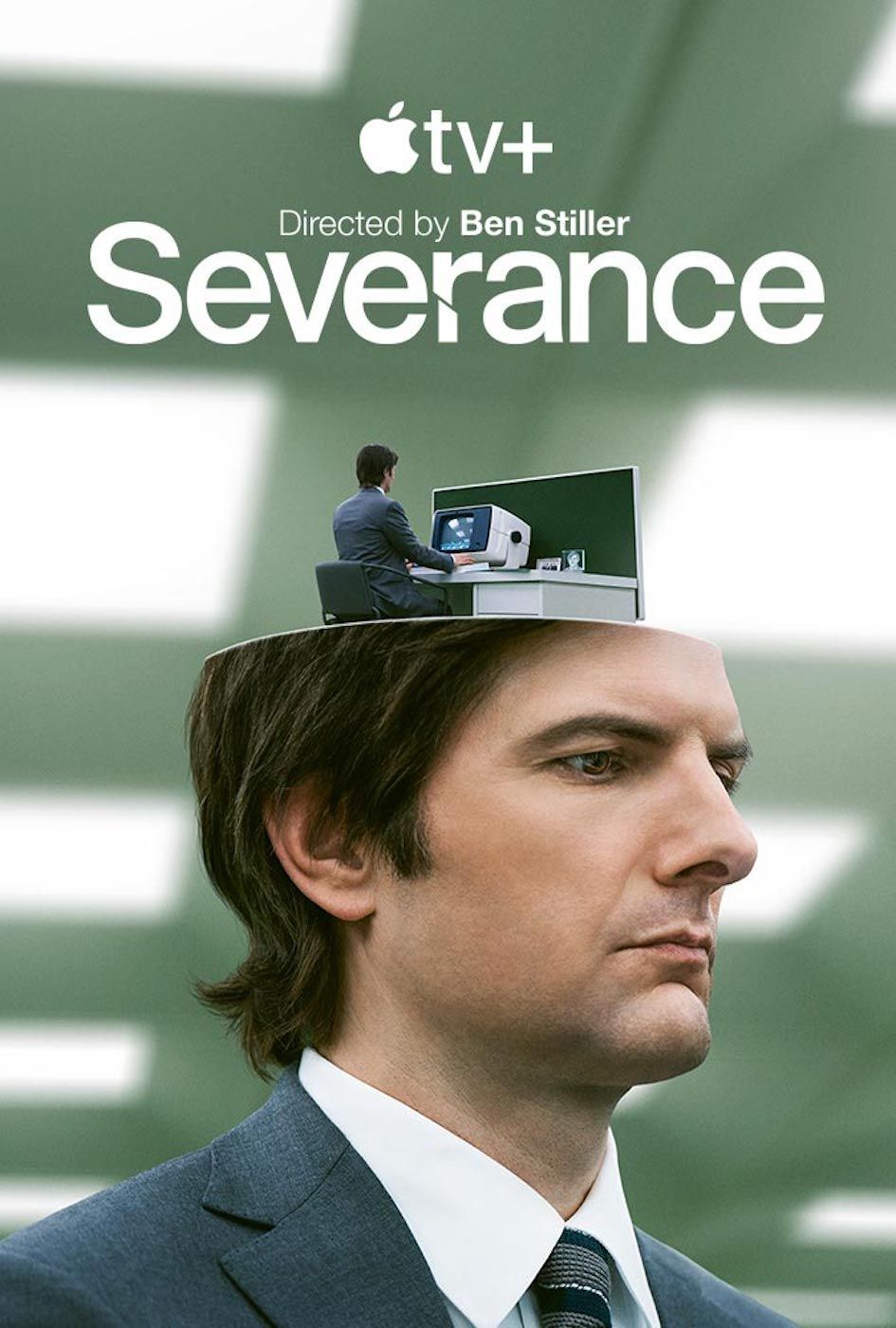
Severance
- Release Date
-
February 18, 2022
- Showrunner
-
Dan Erickson, Mark Friedman
- Directors
-
Ben Stiller
- Writers
-
Dan Erickson
-

-

-

-
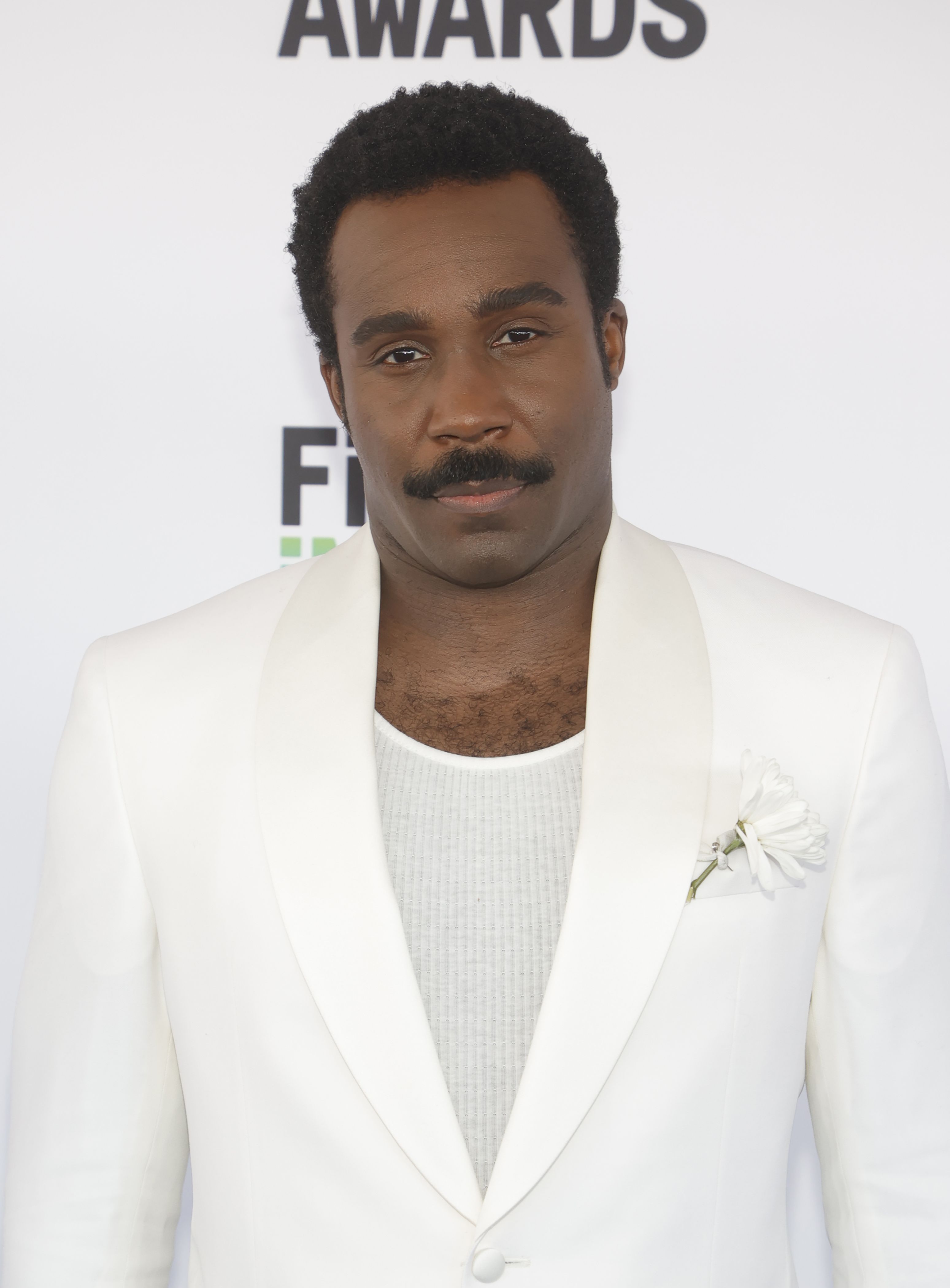
Tramell Tillman
Seth Milchick
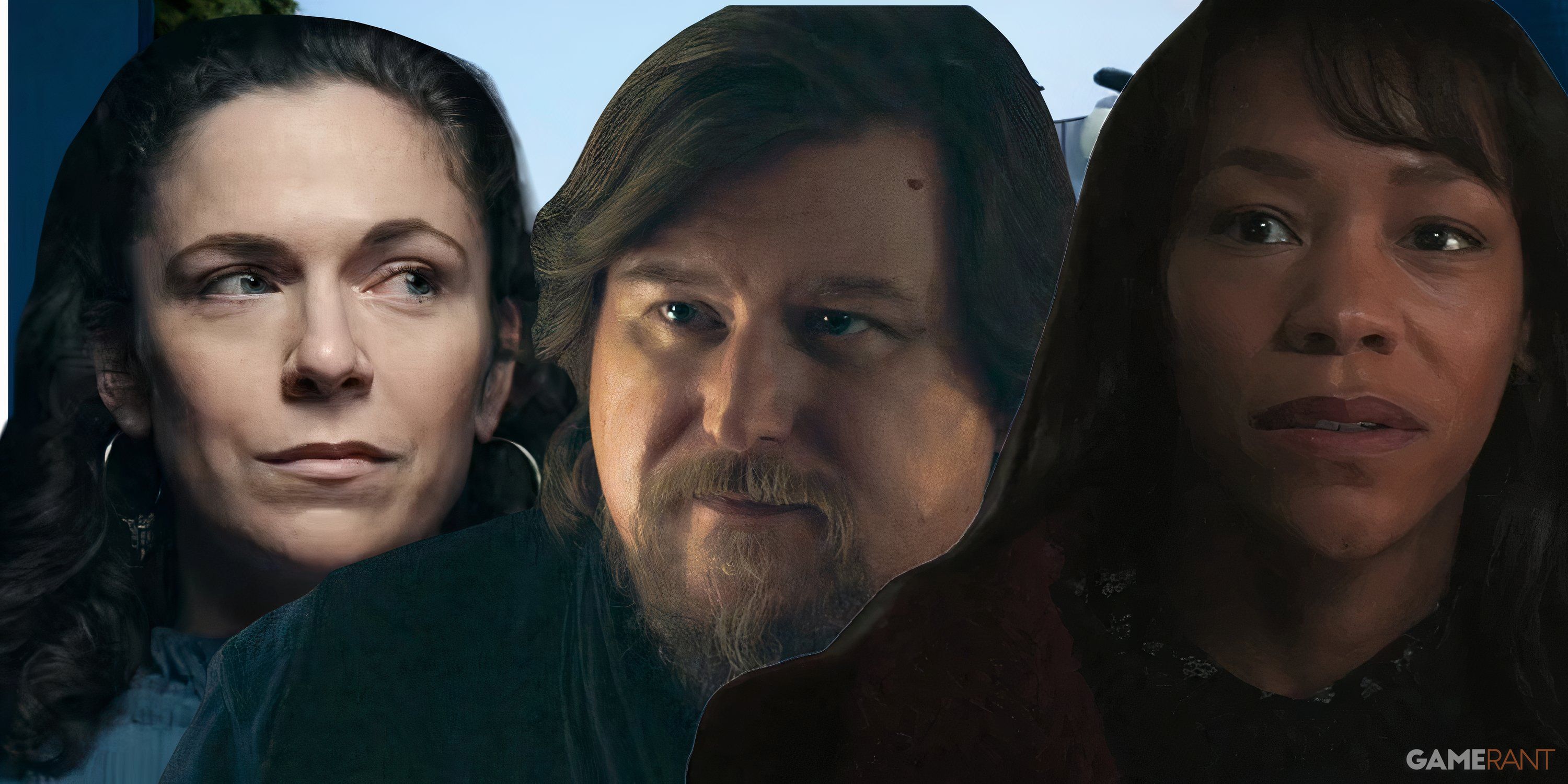
More
This Severance Character Could Be A Secret Lumon Agent
Severance theory suggests this character may secretly work for Lumon and that Mark’s life isn’t what it seems.
Source link
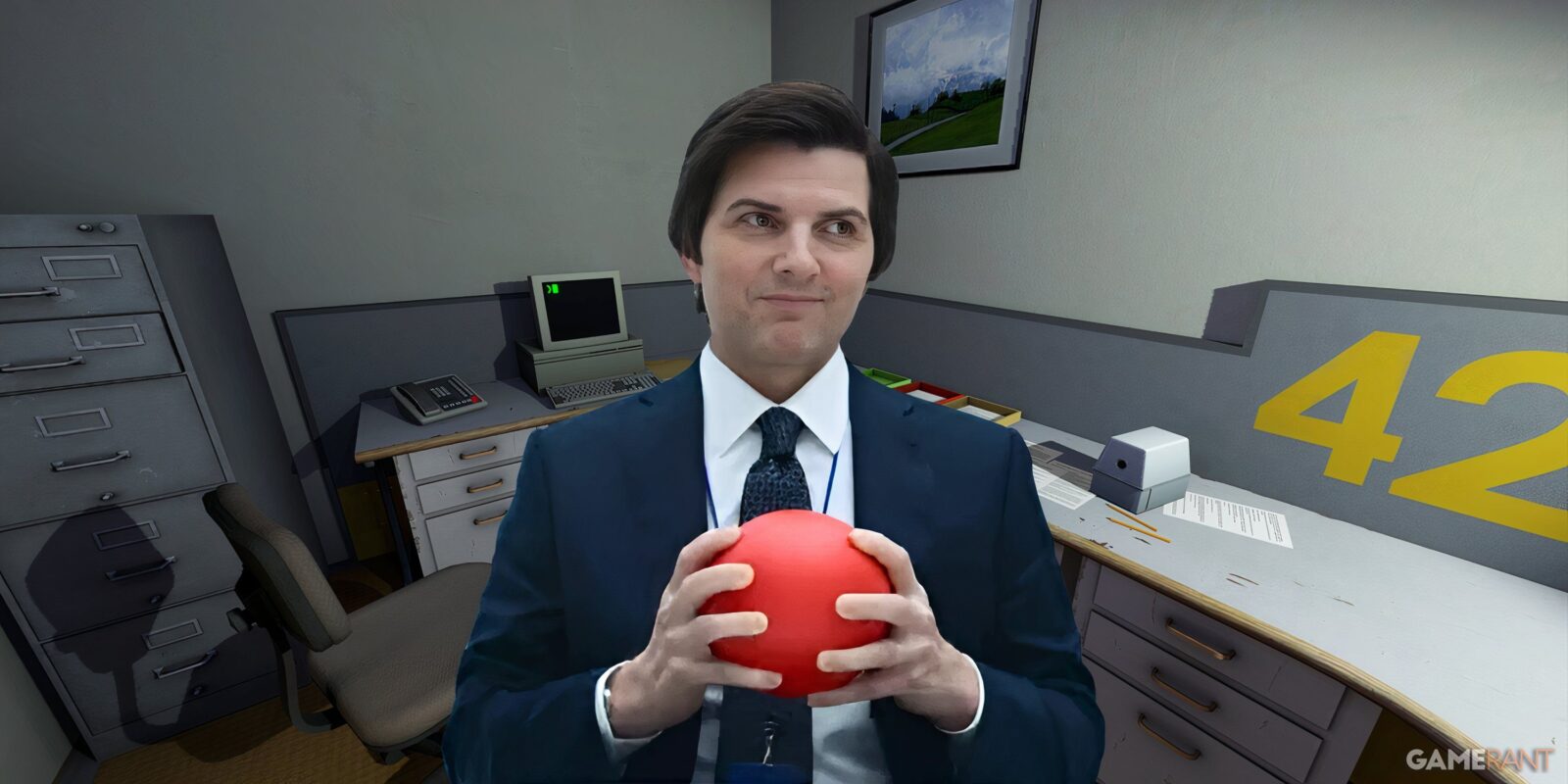

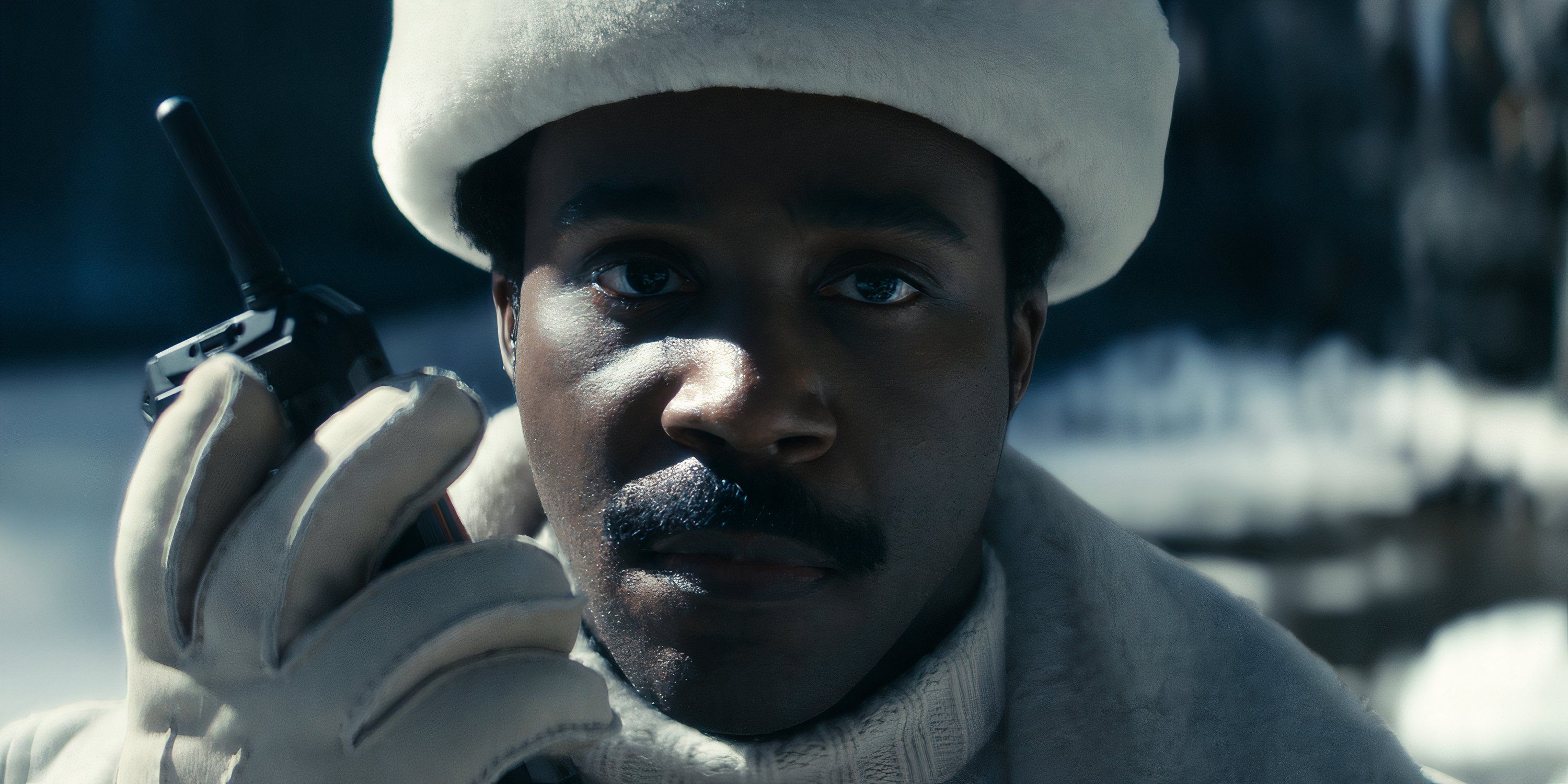
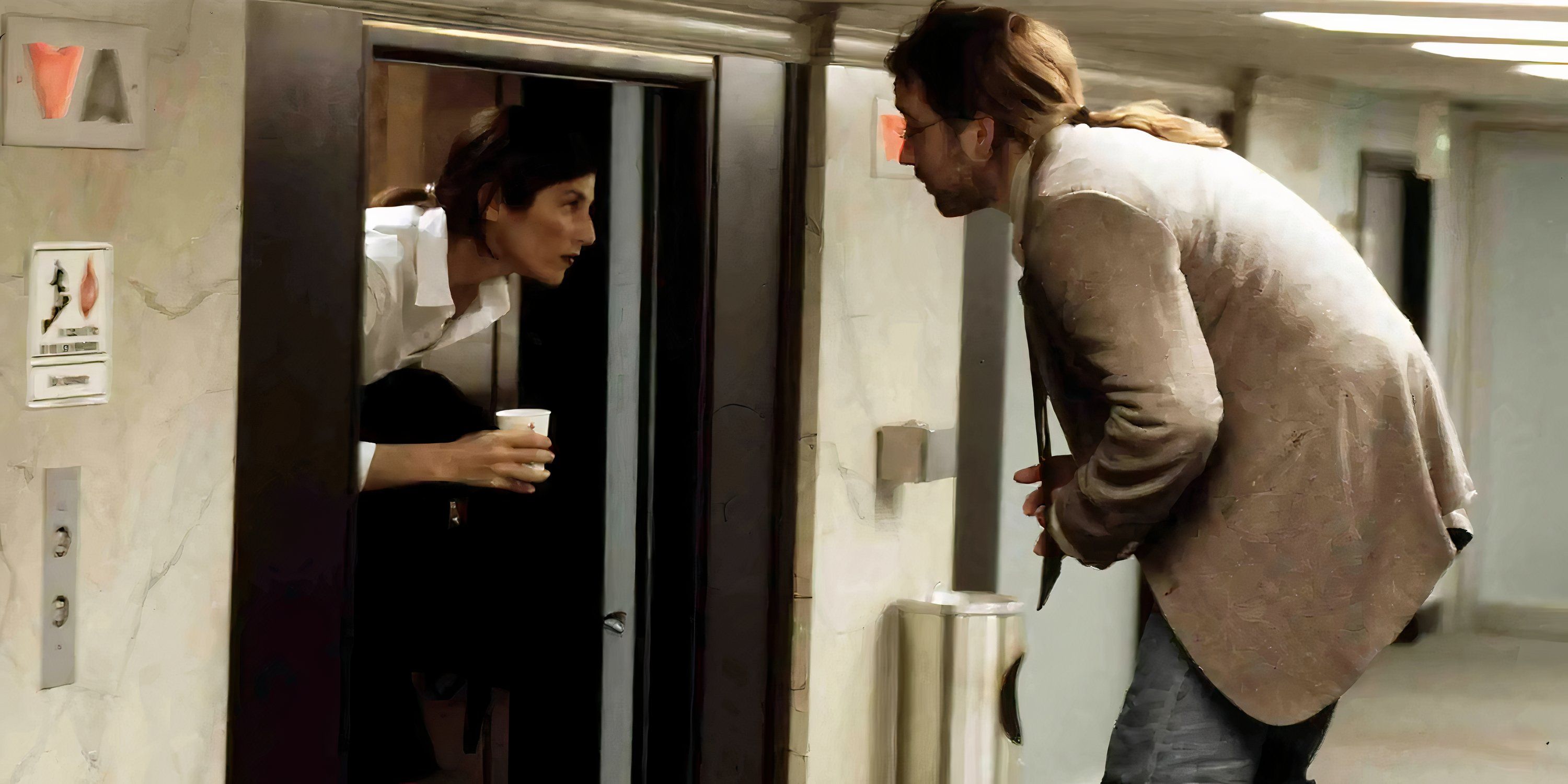




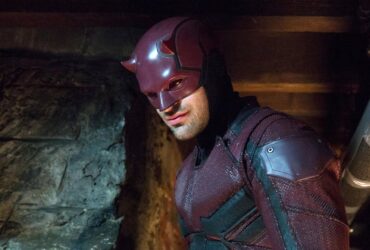




Leave a Reply